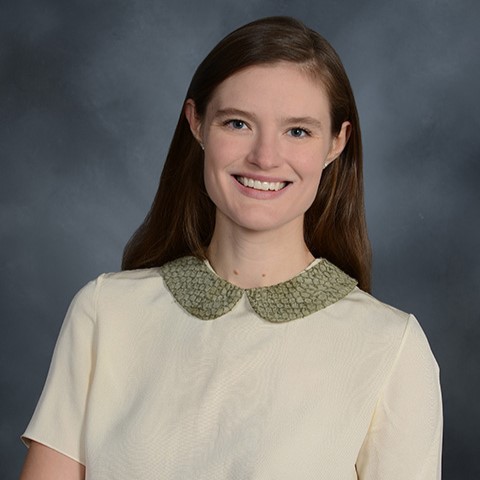Company description
Katie Fogarty, Ph.D. is a licensed clinical psychologist specializing in evidence-based treatment for anxiety, mood, and externalizing disorders in children, adolescents, and young adults. Dr. Fogarty is a member of the Center for Youth Mental Health and holds appointments as an Assistant Attending Psychologist at NewYork-Presbyterian and Assistant Professor of Psychology in Clinical Psychiatry at Weill Cornell Medicine.Dr. Fogarty earned her doctorate in clinical psychology from Hofstra University, where she participated in the Child and Parent Psychotherapy lab. At Hofstra she studied the effectiveness of a DBT parent management training group. Dr. Fogarty also became passionate about helping parents grow their connection with their child while maintaining boundaries using Parent Child Interaction Therapy (PCIT). Throughout her training, Dr. Fogarty sought to accrue specialized training in the treatment of pediatric anxiety disorders, ADHD, trauma, and mood disorders.Dr. Fogarty completed internship at JCCA’s residential treatment center where she engaged youth in individual therapy services for trauma, gender identity exploration, anxiety, and depression. At JCCA, Dr. Fogarty also completed psychiatric and neuropsychological evaluations. Following internship, Dr. Fogarty joined the Center for Youth Mental Health as a postdoctoral fellow. At Weill Cornell, she continued her work as an anxiety and parenting expert in the adolescent and adult partial hospitalization programs as well as through the Payne Whitney adult and child/adolescent outpatient departments.At present, Dr. Fogarty continues her work at Payne Whitney as well as the Psychiatry Specialty Center where she works with young adults on issues related to anxiety, OCD, depression, and ADHD. She runs groups related to independence building in emerging adulthood and collaborates with parents to help young adults meet their goals. Dr. Fogarty also works with children and adolescents using evidence treatments for anxiety, mood, ADHD, trauma, and tic disorders. She also works with parents to support their children through emotional challenges while maintaining their own self-care.


